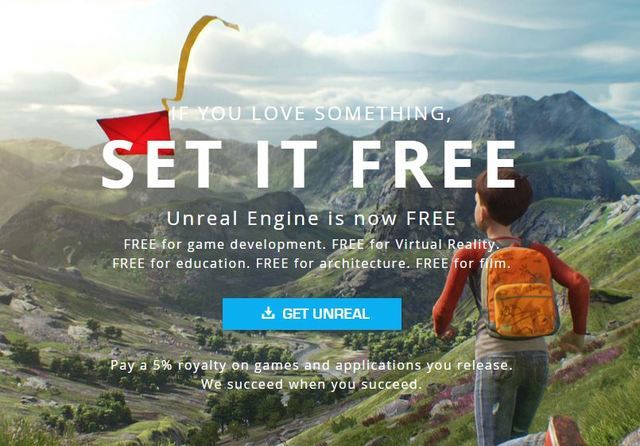Many of us have had, or still entertain, dreams about one day creating games just like the ones we’ve spent so many hours playing. The optimists might approach this with high hopes that end in disappointment. The pessmists might write the whole idea off as totally impossible.
In the following interview, Michael Dickheiser, programmer, technical leader, and technical consultant with 18 years of experience in the computer game and defense industries, provides some insight with a more realistic approach.
Dickheiser has worked with several game development companies in the past, such as Red Storm Entertainment and id Software and has worked on games spanning various platforms, such as fo PC, Xbox, PS2, PS3, and Xbox 360. Currently, he is involved in developing mobile games for Google Play and iTunes.
With an already extremely diverse track record, Dickheiser has some more down-to-earth thoughts to share about both the wonderful and difficult aspects of a career in game development.
Q: How did you get interested in game development?
MD: I began programming at age 12 and instantly fell in love with the fact that I could do interesting things with a computer just by thinking of an idea and trying it out. I started making my own (simple) games around age 13, and knew that’s what I wanted to do for life. After college (majoring in Computer Science), I was able to get my first job as a game programmer, thus fulfilling my dream.
Q: Any advice on how to start?
MD: This question depends on the type of game developer you want to be. There are three main professional paths: programmer, artist, and designer.
For a programming career, a love of math and obviously programming is the first step. A degree in Computer Science, or Computer Game Programming is a big help, but ultimately you simply need to demonstrate an ability to write code appropriate for a computer game. This can be accomplished by working on side projects (create your own game), school projects, or by participating in game community events such as Epic Game’s “Make Something Unreal” contest, in which winning projects are highly publicized and sometimes lead to employment offers.
Epic Games has also released the What is Unreal Engine, a game development kit, for free access.
MD: In any case, a person hoping to get into game programming should be learning C++ and making games on their own, building both an understanding of programming principles as well as knowledge of the industry’s technology.
For a game art career, similar advice applies, but with emphasis on 2D and 3D artwork. Prospective game artists should build a portfolio that they can display on their own webpage, making it easy for hiring managers at game companies to review their talent.
For a game designer, increasingly there are design programs (Full Sail, SMU Guildhall) that offer degrees in this area, but all hopefuls must be excellent writers, communicators, and have a solid working knowledge of game design. Frequently, game designers get their foot in the door first as game testers. Or they start as programmers or artists first and then change their focus later.
In all cases, a person hoping to enter professional game development should play games, understand good design, compelling art, and winning technology, and be prepared to speak about these in an interview while expressing their own ideas for their chosen discipline.
Q: So how has your experience with the industry been?
MD: I’ve worked for eight different companies ranging in size and success, and the experience varies wildly depending on the situation. Game development at a successful company is a lot of work. Expectations are very high, hours are long, and crunch time is common, if not expected. At the same time, it is incredibly fun, and the energy and camaraderie are unmatched in other industries.
Q: Any downsides?
MD: It’s a situation that works for a single (unmarried) developer, but once a family is in the plans it becomes untenable, even brutal. When things are going well, it is an amazing experience and rewarding creative outlet. When things are going poorly (diminished funding, tight deadlines, high stress), it can become a nightmare. It really depends on the company management and one’s own tolerance for the stresses of the job balanced against the stresses of life.
Q: Can you tell us about what you’re working on right now?
MD: I can’t go into the details of our current project, but it is zombie themed and action based. The theme is appropriate and deliberate given the high popularity of zombie-related entertainment (e.g. The Walking Dead, World War Z, Plants Vs. Zombies). The genre is expected to be fun, particularly on mobile devices, with the special input and viewing characteristics of those devices at the forefront of the design.
For those interested in game development focused programming and would like more information, Dickheiser has published more than one textbook on the subject such as C++ For Game Programmers, and Game Programming Gems 6 (Book & CD-ROM).
Many thanks to Michael Dickheiser for his advice and encouragement, and the best of luck to him on all of his future projects.








Published: Jul 1, 2015 01:06 pm